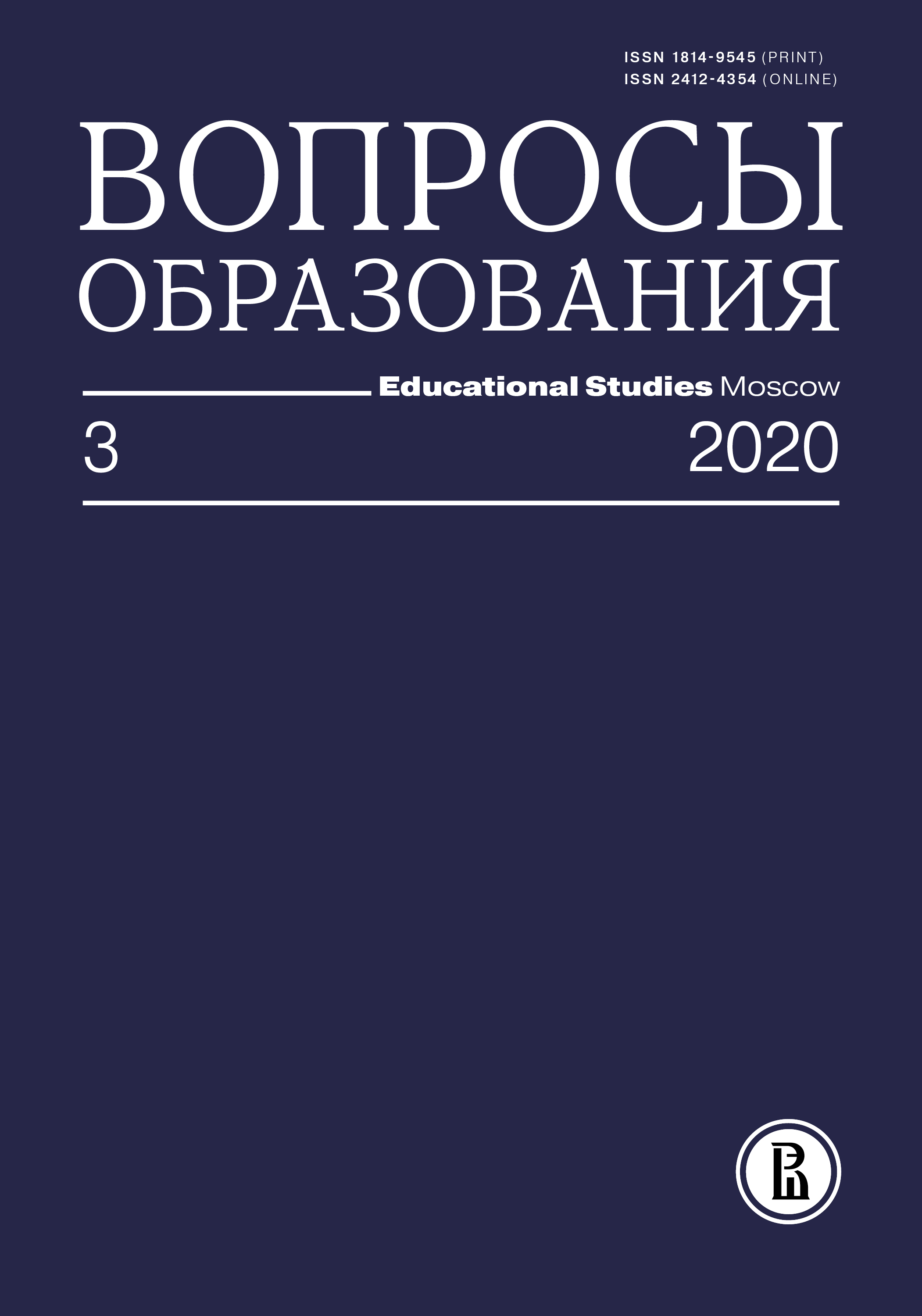Организационная культура индустриальных колледжей и предприятий России, Китая и Ирана в оценках студентов и преподавателей
Аннотация
Обсуждаются проблемы формирования у студентов индустриальных колледжей готовности к работе на современном инновационном предприятии и их организационной социализации в условиях изменения технологического уклада. Методологию исследования составили концепция и типология организационной культуры К. Камерона и Р. Куинна. Проведен опрос с целью выявить представления студентов и преподавателей индустриальных колледжей в России, Китае и Иране об организационной культуре колледжей, а также компаний, которые они считают наиболее вероятным местом будущей трудовой занятости, и компаний, наиболее эффективных в современных условиях. Обнаружено соответствие организационной культуры колледжей социально-экономической ситуации в стране. В китайских колледжах она наиболее гармонична, и студенты полагают, что будут работать на эффективных предприятиях. Студенты и преподаватели едины в своих оценках и не желают изменений. Со временем такие установки могут привести к стагнации вместо развития. Российские студенты оценивают организационную культуру своих колледжей как клановую и желали бы усилить ее клановый компонент, ослабив иерархический. Инновационный компонент они переоценивают и не придают ему особого значения, полагая, что придут работать, скорее всего, на неэффективные предприятия. Преподаватели усматривают в существующей культуре иерархическую доминанту, желают ее ослабить, так же как и деловой компонент, максимально усилив клановый. Закономерным последствием таких установок будет низкое качество создаваемого человеческого капитала. Преподаватели российских колледжей имеют вполне правильные представления об организационных условиях на эффективных предприятиях, но не оказывают соответствующего социализирующего влияния на студентов и даже солидарны с ними в предпочтении доминанты клановых ценностей. В иранских колледжах студенты более адекватно, чем преподаватели, оценивают культуру эффективных предприятий, а преподаватели желают сохранить безусловную доминанту иерархических ценностей и свести к минимуму инновационные, что значительно затрудняет перспективную организационную социализацию внутри колледжей. Показаны ограничения применимости результатов исследования и сформулированы подходы к разработке программ организационной социализации.








